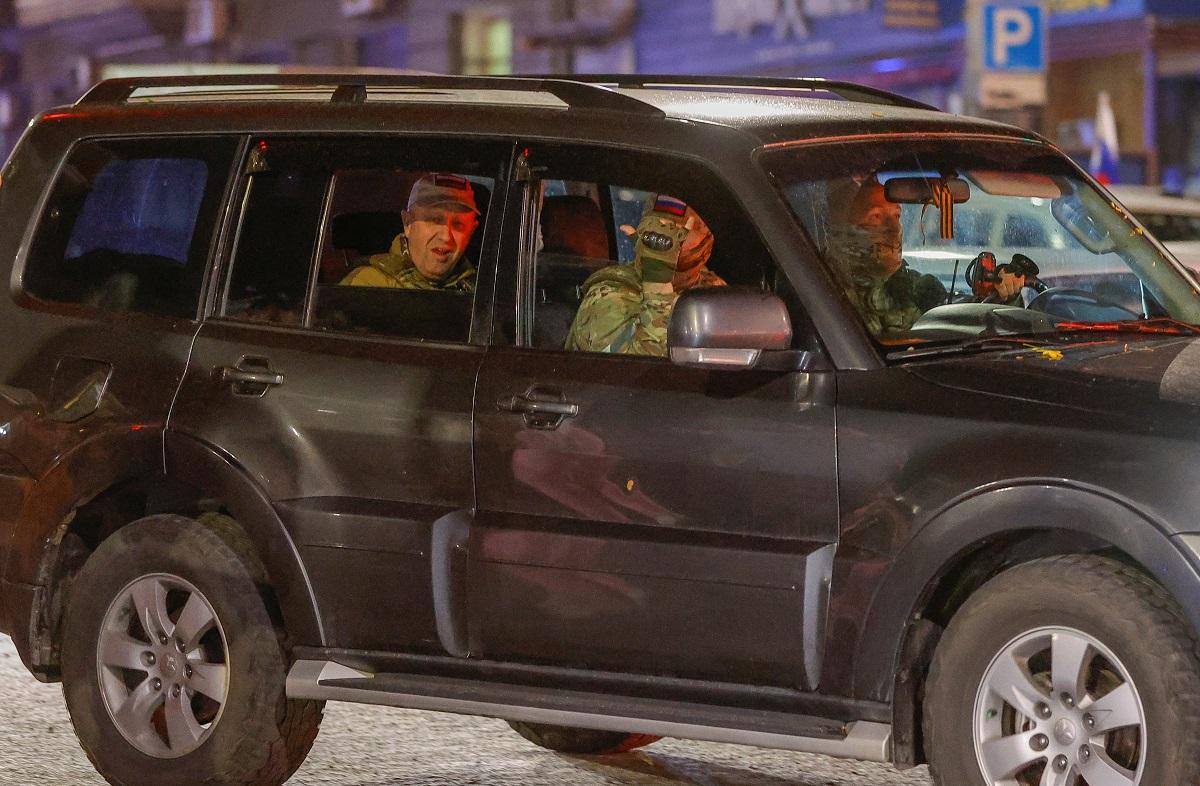Wagner mutiny shows Moscow’s ‘big strategic mistake’ in attacking Kyiv —NATO

BRUSSELS — The aborted mutiny by Russia's Wagner mercenary group at the weekend demonstrated the scale of the Kremlin's strategic mistake in waging war on Ukraine, NATO Secretary-General Jens Stoltenberg said on Monday.
Russia sought to restore calm on Monday after Wagner fighters halted a rapid advance on Moscow, withdrew from the seized southern Russian city of Rostov and headed back to their bases late on Saturday under a deal that guaranteed their safety.
Their commander, Yevgeny Prigozhin, was to move to Belarus under the deal mediated by Belarusian President Alexander Lukashenko, the Kremlin said.
"The events over the weekend are an internal Russian matter, and yet another demonstration of the big strategic mistake that President [Vladimir] Putin made with his illegal annexation of Crimea and the war against Ukraine," Stoltenberg told reporters on a visit to Lithuania's capital Vilnius.
Confusion over the weekend's extraordinary events has left Western governments groping for answers to what could happen next in the country with the world's largest nuclear arsenal—and to its war on Ukraine.
Stoltenberg said NATO was monitoring the situation in Belarus and, again, condemned Moscow's announcement to deploy nuclear weapons there.
"We don't see any indication that Russia is preparing to use nuclear weapons but NATO remains vigilant," he said, adding NATO's deterrence was strong enough to keep its people safe in a "more dangerous world."
At the same time, Stoltenberg assured Kyiv of NATO's continued support.
"If Russia thinks it can intimidate us from supporting Ukraine, it will fail," he said. "We stand with Ukraine for as long as it takes."
Stoltenberg was in Lithuania to attend an exercise that will test the swift reinforcing of the German-led NATO battlegroup in the country to the size of a brigade, a military unit comprising up to 5,000 troops, a scenario to be enacted in case of heightened tensions or a conflict with Russia.
He described the drills as a clear message that NATO was ready to defend every inch of allied territory. — Reuters

Need a wellness break? Sign up for The Boost!
Stay up-to-date with the latest health and wellness reads.
Please enter a valid email address
Your email is safe with us





